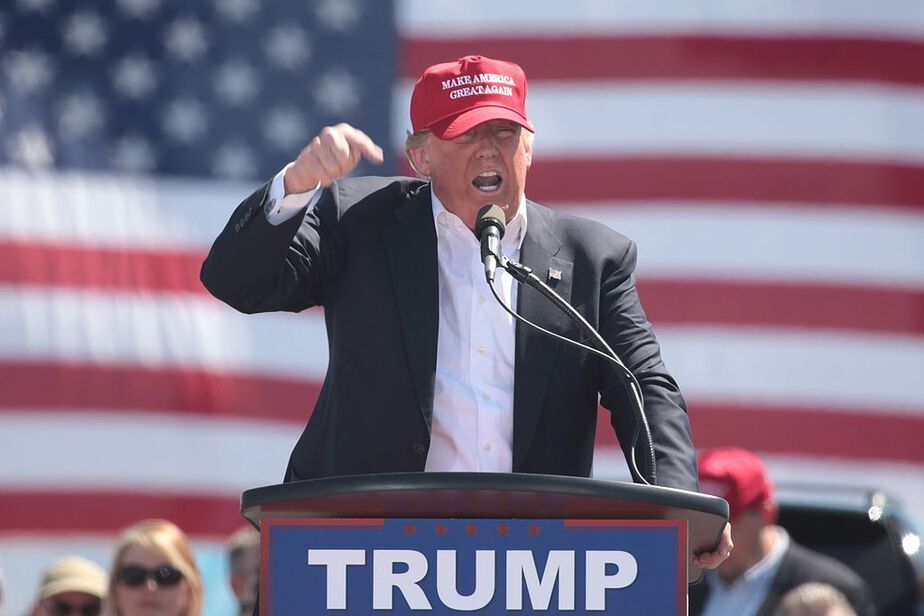Written by Aditya Srinivasan
When faced with complicated questions, children offer the simplest responses. It is often endearing to watch a child stumble its way up the complicated ladder of societal expectation by learning more complicated ‘correct’ or ‘guarded’ answers to basic questions as they do so. In several ways, a child’s perspective is refreshing: it has no caveats, no riders, no ‘real world’ perspective necessarily attached to it. It’s an opinion or a statement that’s free. It’s what a child and — perhaps, in a riderless world — we would like to be able to say without having to worry about the actual reality of things. In other words, there is no correct or incorrect in this state of existence.
As ‘responsible’ adults, there is an inert expectation to maintain political correctness. Our envy of children stems from their freedom from the expectation to navigate any such screening of their frolicking. But there is nothing inherently desirable about ‘correctness’ specific to the political sense. It could be seen as a movement against that gradient which makes politicians politically relevant. It discourages flippancy, frankness, unpredictability, offensiveness (in a given context) and aggression. The political is often considered the domain of those who are too correct. If being political was about exposing banal realities, there is the possible argument that the politics of prudence is unhelpful, for it does not produce dispassionate discourse concerning everyday realities.
This, of course, does not mean that political correctness and tact should be confused to be the same. It is possible to make risky statements in a tactful way; the nuanced shades of tact and correctness are open to manipulation and sensitive handling. Manipulating public perception and resources is as essential a part of politics as representing real-world power dynamics may be. When people are shown mirrors of their daily realities, electoral politics is probably doing its job right.
And this is where the phenomenon of Donald Trump crash-landed: an arena filled with machination, show, money and overt power. To political scientists, he may have appeared to lack any commensurable hope, expectation or consistent messaging strategy.
Trump left no stone unturned in his flippant, rash, acerbic and fiery efforts to bulldoze through what is otherwise a maze of American high politics. He managed to contradict himself consistently, offend almost every political community and made his contest against Hillary exceedingly personal. None of this was ethical. None of this was tactful. Trump, unlike anything America’s rich and powerful career politicians had ever seen, simply saw what he thought was bad and cried wolf about it.
In other words, Donald Trump behaved like a child. And to everyone’s surprise, this worked in his favour. He appealed to perceivable insecurities amongst his voter base in ways very few politicians preceding him had managed to. His general response to these insecurities was not to placate or promise defence but to spark an even greater insecurity to the opposing side. This, of course, is a polished way of Trump’s “my nuclear button is bigger than yours” response to his adversaries. That tweet is amongst many others that epitomize Trump’s blatant, see-sawing responses to any political questions brought to his notice.

What nobody (and, one might argue, Trump himself) did not realise is that the hitherto misjudged American public wanted this. Voters wanted to hear an aggressive response to aggressive questions being asked at the time: “Can America Become Great Again?”. They wanted to hear a dispassionate solution to their perceived injustices: “Want to keep them out for taking your jobs? Let’s build a wall!”
Being blunt and responding feasibly to world problems can go hand in hand. But it is dangerous when someone like Donald Trump in the position he finds himself in. He does give the simplest, most direct responses, but unlike some other populist politicians, they are not necessarily ‘mature’. And it is in his words which reflect a flippant nonage wherein the danger lies.
More than a year into his term, Donald Trump’s legacy requires a political theory of its own to be analysed. The Trump Phenomenon combined a personality muddled in contradictions and instability with a public that reverberates those reactionary qualities. Perhaps a more immediately fruitful question to dissect is how America managed to get itself into such a position in the first place. The answers are not self-exposing, but perhaps Trump’s immaturity coupled with his apparent detachment from classical red-tape politics and its discriminatory overtones made his campaign a fathomable niche for Americans to nestle their future in.
Featured image courtesy Gage Skidmore|CC BY-SA 2.0



